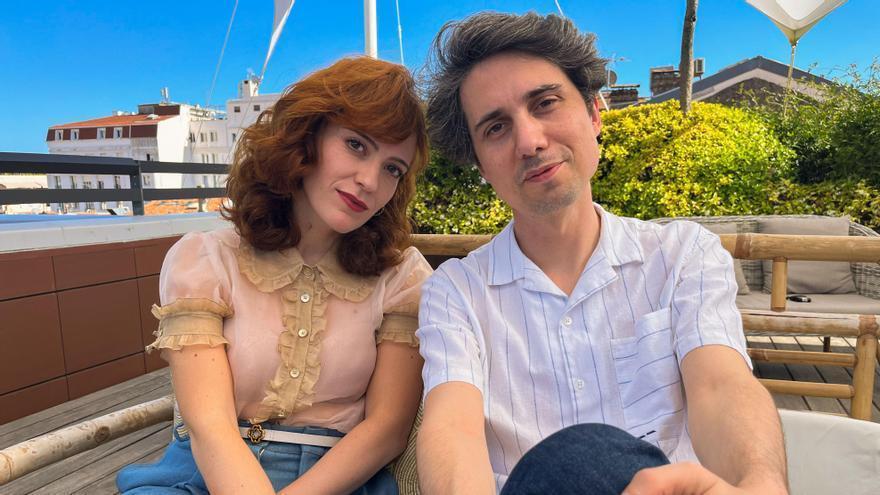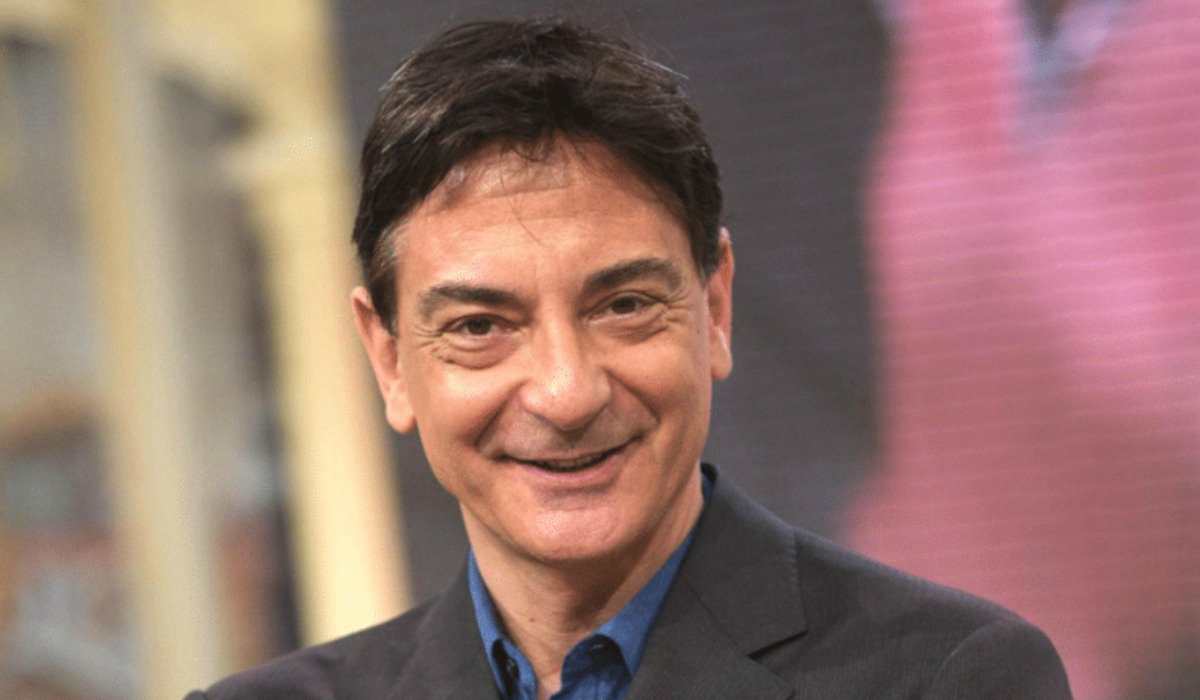In Volveréis, Jonas Trueba uses the image of a couple (Itsasu Arana and Vito Sanz) who decide to end their 15-year relationship by celebrating a party to meditate on love in the present and on the moderating power of cinema.
How do you feel about Volveréis participating in the Cannes Film Festival?
If we’re being honest, film festivals raise some objections for me. I hope I don’t sound arrogant, it makes me happy that Volferis is here. But it’s my eighth film, and so far I’ve proven to myself that I can make a living by making films without relying on this kind of platform. I think that the dependence of a certain category of cinema, small cinema, on festivals seems dangerous. There are filmmakers who actually consider sending their film to someone before they shoot it, largely because there is a network of distributors, sales agents and other intermediaries who pay for it. So far I have been able to escape this dynamic.
Do you think Volveréis is your most comedic film?
Comedy has always been a staple for me, because my dad is obsessed with classic comedies and I was hooked from a young age. I would say that there is a kind of humor present in all my films, except perhaps for La reconquista (2016); However, it seemed more dosed than in Volveréis and in my immediately previous film Tenéis que venir a verla (2022). I think when you grow up you have no choice but to laugh a little at yourself and your stupidity and foolishness.
To what extent is the film a reflection of society’s changing outlook towards couples?
This is what he aims for. It is clear that today the couple is understood as an unstable unit, and even seems to be frowned upon, for their association with a social structure from another era. But I like the idea of a couple; It may be an unnatural building, but at the same time it seems to me the most natural thing in the world. I think the daily struggle between two people to stay true to each other, to keep the flame of love alive or whatever we want to call it, is a very beautiful thing. I think this is a provocative claim.
Since the beginning of your artistic career, you have lived artistically in the shadow of your father, Fernando Trueba. Now, she has included him in the Volveréis cast in a transformed body of himself. because?
Sometimes you have to take the bull by the horns, right? Being attached to my parents has always been inevitable, and I understand that, but it is exhausting at times. It is not strange for a person to devote himself to the same father, and when this happens in other types of professions, no one is surprised; It should not surprise anyone that the baker’s son is also a baker. I’ve always tried to be independent and not take advantage of my title. In fact, I think I’ve always tried to avoid any privilege my family name might give me.
The film’s heroes are the director and the actor. What role does cinema play?
The fact that cinema is another character in the stories it tells has to do with my way of perceiving reality. For me, cinema is not a profession, it is a way of being in the world, to breathe, think, love, share, convey moods. What drives me is not the desire to make one film or another, but to live filmmaking; It doesn’t matter that some films are better than others, what matters is that they live up to that ideal. Sometimes I can’t separate what is cinema from what is not, it’s like a disease.
In Volveréis, he quotes philosopher Stanley Cavell, who asserts that cinema can make us better. do you believe that?
definitely. I know it’s going to sound corny, but filmmaking reflects the desire to capture something new, shape it and pay tribute to it; When we decide to watch a movie, we trust the people who decided to make it and put ourselves in their hands. Films suggest new ways of thinking and rethinking the world, they are movement, dialogue and the kind of debate that can enlighten us. Yes, of course it makes us better.

“Professional web ninja. Certified gamer. Avid zombie geek. Hipster-friendly baconaholic.”



